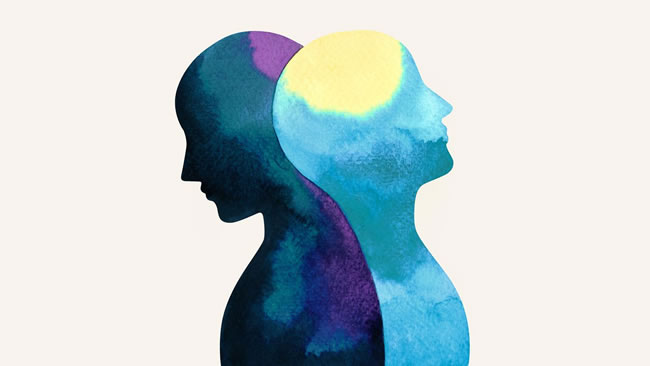

I have a nephew who was diagnosed with Bipolar Disorder. Kindly let me know what this means.
Gregory (by SMS)

Bipolar disorder causes changes in mood, energy, and activity levels. A person with bipolar disorder typically experiences at least one episode of “high” mood, or mania, and a period of “low” mood, or depression. Bipolar disorder was formerly known as manic depression.
It can severely affect a person’s daily life. The specific effect varies between individuals. With appropriate treatment and support, many people with bipolar disorder live a full and productive life. Bipolar disorder appears to develop from a combination of factors such as; Genetic factors:
Bipolar disorder is more common in people who have a family member with the condition. Several genetic features may be involved. Biological traits: Imbalances in neurotransmitters or hormones that affect the brain may play a role. Environmental factors: Life events, such as abuse, mental stress, a significant loss, or another traumatic event, may trigger an initial episode. On average, symptoms begin around age 25 years but can appear during the teenage years or later in life. It affects all people, regardless of sex.
Bipolar Disease is a mental health condition that causes unusual shifts in a person’s concentration, mood and activity level. The main symptoms of bipolar disorder as alternating episodes of high and low mood. Changes in energy levels, sleep patterns, ability to focus, and other symptoms can severely affect a person’s behavior, work, relationships, and other aspects of life.
Most people experience mood changes at some time, but those related to bipolar disorder are more intense than regular mood changes. Other symptoms can also occur. For example, some people with bipolar disorder experience psychosis, which can include: delusions, hallucinations and paranoia. Between episodes, a person’s mood may be stable for months or years, especially if they are following a treatment plan. Treatment aims to stabilize the person’s mood and reduce the severity of symptoms. The goal is to help the person function effectively in daily life. Treatment involves a combination of therapies, including: medication, such as: antipsychotic medications, mood stabilizers and antidepressants, in some cases.
It is also important to include psychotherapy, self-management strategies and complementary therapies in the management. It can take time to get a correct diagnosis and find a suitable treatment. Each person with bipolar disorder has different needs, and symptoms vary widely. Treatment helps many people with bipolar disorder work, study, and live a full and productive life. However, when treatment helps a person feel better, they may stop taking their medication. If this happens, symptoms can return.
READ ALSO FROM NIGERIAN TRIBUNE








